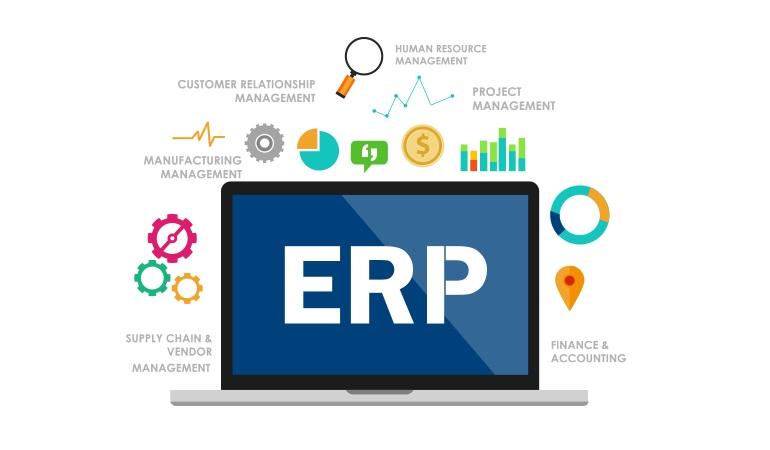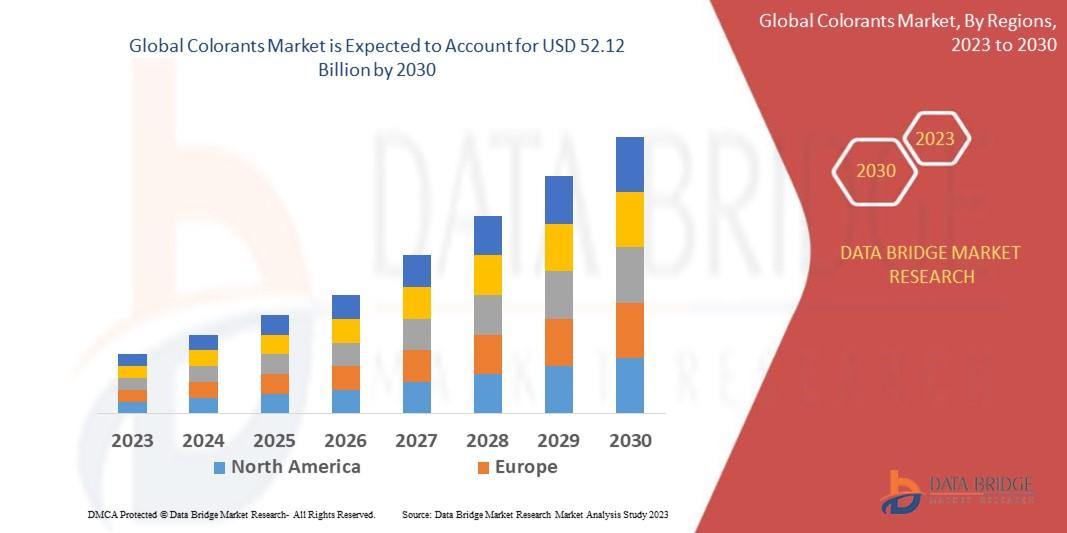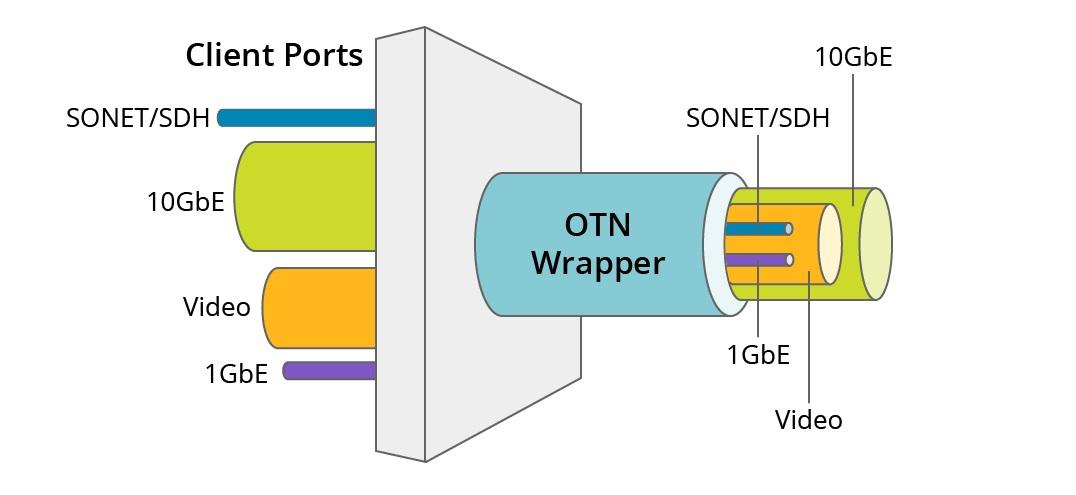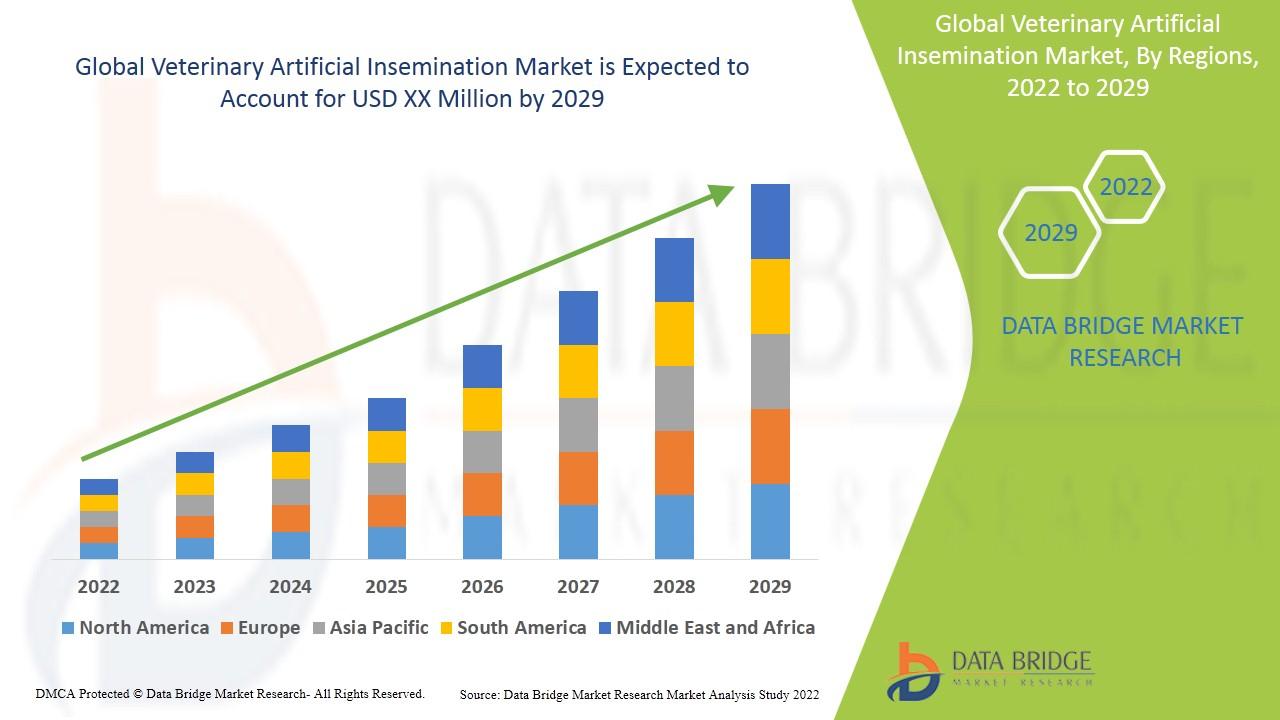Unpacking the $66.87 Billion Asia Pacific ERP Software Market Value

The projected future valuation of the ERP software sector in the Asia Pacific region speaks volumes about its strategic importance in the world's fastest-growing economic hub. The anticipated Asia Pacific ERP Software Market Value of USD 66.87 billion by 2034 is more than just a number; it represents a massive and sustained investment by businesses in their digital foundations. This colossal figure, reached via a robust compound annual growth rate of 15.20%, reflects the total economic activity within this ecosystem, encompassing software licensing and subscriptions, implementation services, ongoing maintenance and support, and consulting fees. This substantial market value underscores the widespread recognition that a modern ERP system is an indispensable asset for achieving operational excellence, driving innovation, and enabling sustainable growth in the competitive APAC landscape.
A significant component of this total market value is derived from software licensing and, increasingly, subscription fees. In the traditional on-premise model, this value comes from the upfront cost of purchasing perpetual software licenses. However, the dominant trend is the shift to cloud-based, Software-as-a-Service (SaaS) models. Under this structure, value is generated through recurring subscription revenue, which provides vendors with a predictable income stream and clients with lower initial costs. This SaaS model is a major contributor to the market's expansion, as it makes ERP accessible to a much broader range of businesses, especially SMEs, which form the backbone of many APAC economies. The cumulative value of these millions of subscriptions over the forecast period represents a massive portion of the projected USD 66.87 billion figure.
Another crucial pillar supporting the market's valuation is the vast ecosystem of professional services associated with ERP implementation. An ERP project is rarely a simple "plug-and-play" affair; it is a major business transformation initiative. This creates a huge market for implementation partners, system integrators, and consultants who specialize in deploying these complex systems. These services, which often cost several times the price of the software itself, include business process analysis, system configuration and customization, data migration from legacy systems, user training, and change management. The expertise required to successfully align an ERP system with a company's unique operational needs commands a premium, and the revenue generated by this services sector is a critical component of the overall market value.
Finally, ongoing maintenance, support, and upgrades contribute a steady and significant share to the market's total worth. For on-premise deployments, customers typically pay an annual maintenance fee (often 18-22% of the initial license cost) to receive technical support, bug fixes, and access to new software versions. In the cloud model, these costs are bundled into the subscription fee. As technology evolves, companies also invest in upgrading their systems or adding new modules for functions like advanced analytics, AI-driven forecasting, or ESG (Environmental, Social, and Governance) reporting. This continuous cycle of support, maintenance, and enhancement ensures that the ERP system remains a valuable and relevant asset, generating long-term revenue for vendors and contributing to the sustained growth of the market's total value.
Explore Our Latest Trending Reports:




